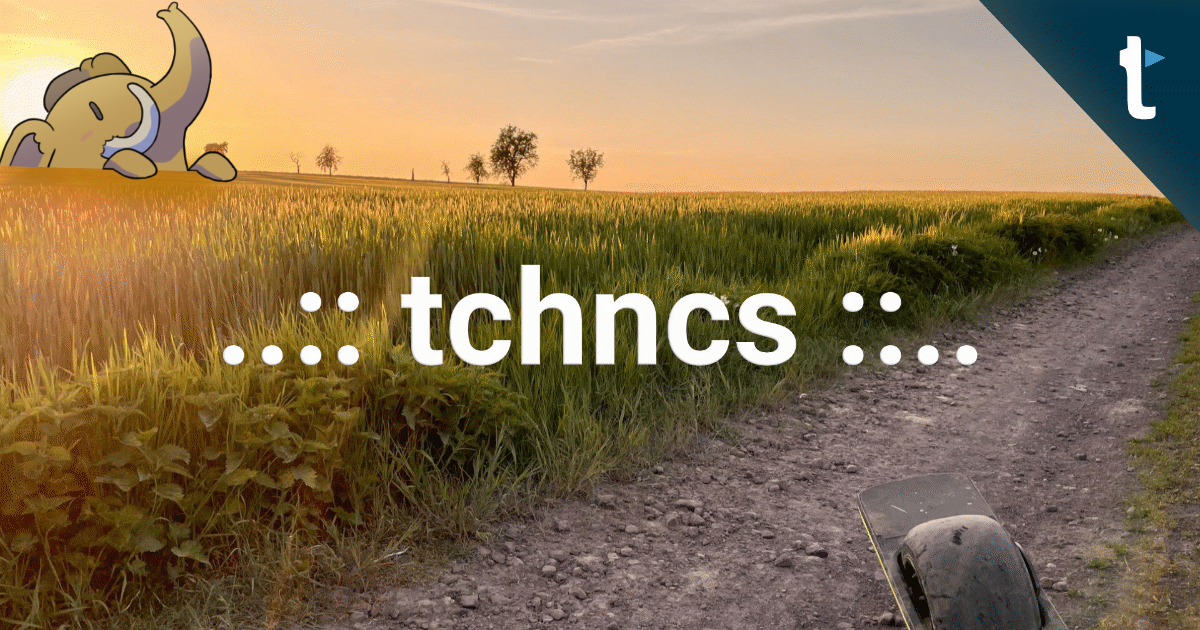A nice reflection on knowledge integration within the recent and major IPBES values assessment work.
https://ecologyandsociety.org/vol30/iss1/art16/
Recent searches
Search options
#socialecologicalsystems
In the broad field of social-ecological research, a new society was launched: the
SocSES – Society For Social-Ecological Systems
"The aim of the society is to advance and support social-ecological systems-based research, practice and action towards a just and sustainable future, by providing an intellectual home, community and identity for social-ecological systems researchers, practitioners, research institutes and networks."
As far as I can see, this society is mainly supported by highly recognized institutions, especially from the global north.
Just in case someone is interested in joining another society at the intersection of research, policy, and practice.
sharing for  a new home for SES researchers is launching this month.
a new home for SES researchers is launching this month.
SocSES. https://socses.org
 Different ways to operationalise the social in applied models and simulations of sustainability science: A contribution for the enhancement of good modelling practices. https://www.sciencedirect.com/science/article/pii/S0304380024003405?via%3Dihub
Different ways to operationalise the social in applied models and simulations of sustainability science: A contribution for the enhancement of good modelling practices. https://www.sciencedirect.com/science/article/pii/S0304380024003405?via%3Dihub
exciting news, a new Society for Social-Ecological Systems (SocSES) is forming. https://socses.org/
virtual launch on 27th March 
In an attempt to de-jargon and explain my phd project, I've written an introductory, no prior knowledge necessary, blog on it.
https://www.tepunahamatatini.ac.nz/2025/02/17/balancing-with-antarctica/
Joyful that Jean Donaldson has drawn illustrations for it
tl;dr society/ecology + governance/geopolitics at the south pole.
A heart model of Earth Stewardship.
Shaking up science for positive futures.
https://esajournals.onlinelibrary.wiley.com/doi/10.1002/eas2.12019
#askfedi I need help launching the Make in Place #Design Challenge. I'm looking for feedback, guidance, and mentorship, including incubator/accelerator programs that support #nonprofit initiatives. Do you know of a good fit?
#MakeinPlace proposes a global challenge to explore how #sustainable practices could support each other in #regenerative #circular #systems. Learn more at https://makeinplace.wordpress.com
New chapter on the Buzzwordcene https://doi.org/10.1016/B978-0-443-15654-0.00024-4
Challenging #Anthropocene #SocialEcologicalSystems #PlanetaryBoundaries #EarthSystemBoundaries #SocialCapital #ClimateCrisis and more.
See also:
1. https://blogs.egu.eu/divisions/gd/2023/01/25/planetary-boundaries-a-framework-against-geodynamics
2. https://www.taylorfrancis.com/chapters/edit/10.4324/9781003017653-16/planetary-boundaries-ilan-kelman
#Sustainability #SustainableDevelopment #GeoEthics
Developing degrowth scenarios for biodiversity, a call for collaboration. https://link.springer.com/article/10.1007/s11625-024-01483-9
A call for #collaboration:
Systemic #design can be daunting, and the critical nature of the #climatecrisis doesn’t make it less so. The work must be iterative, with contributing voices and ongoing feedback.
I need help with it. As a writer, I ask questions, document, and consider the larger picture. However, I’m not a subject-matter expert in any science or technique. #SocialEcologicalSystems call for collaboration. The more input, the better.
It's day 6 of the #AlterNetSummerSchool in beautiful and sunny Peyresq and we kick-off with Bruno Locatelli talking about "Social-Ecological transformations: Power and justice in the co-production of ecosystem services in Peru"
#SocialEcologicalSystems
#TransformativeChange
#EnvironmentalJustice
#EcosystemServices
"Networks of action situations in social–ecological systems: current approaches and potential futures" Our editorial to the Special Feature on Networks of Action Situations in Social-Ecological Systems Research in Sustainability Science has been published: https://link.springer.com/article/10.1007/s11625-022-01278-w
#ecology #socialscience #socialecologicalsystems #transformation #science #sustainability @sociology @politicalscience @ecologies
Just out!! A new article led by Pablo F. Méndez.
We explore #power dynamics in the #governance of #SocialEcologicalSystems in networks of action situations:
https://link.springer.com/article/10.1007/s11625-022-01258-0
#Introduction post!
I am a #marsocsci researcher working with coastal communities, policy makers and practitioners to protect #marine #biodiversity and to achieve #socialjustice and #sustainability in #ocean resource use, under #climatechange.
#postdoc at #ciimar, the interdisciplinary centre of marine and environmental research, university of porto, #portugal.
Happy to learn and discuss about #socialecologicalsystems #consocsci #politicalecology #oceanequity #climatejustice.
#introduction My research focuses on #socialinnovation, #transformations to #sustainability & #justice, #watergovernance, #socialecologicalsystems #resilience & #complexsystems. Also #imagination, diverse #speculative #futures, #reflexivity & more
Love #processdesign, and lead #transdisciplinary education programs with amazing #changemakers from around the world!
Also love humour, too many things for a decent intro & hoping to contribute to a positive, supportive & diverse community here

